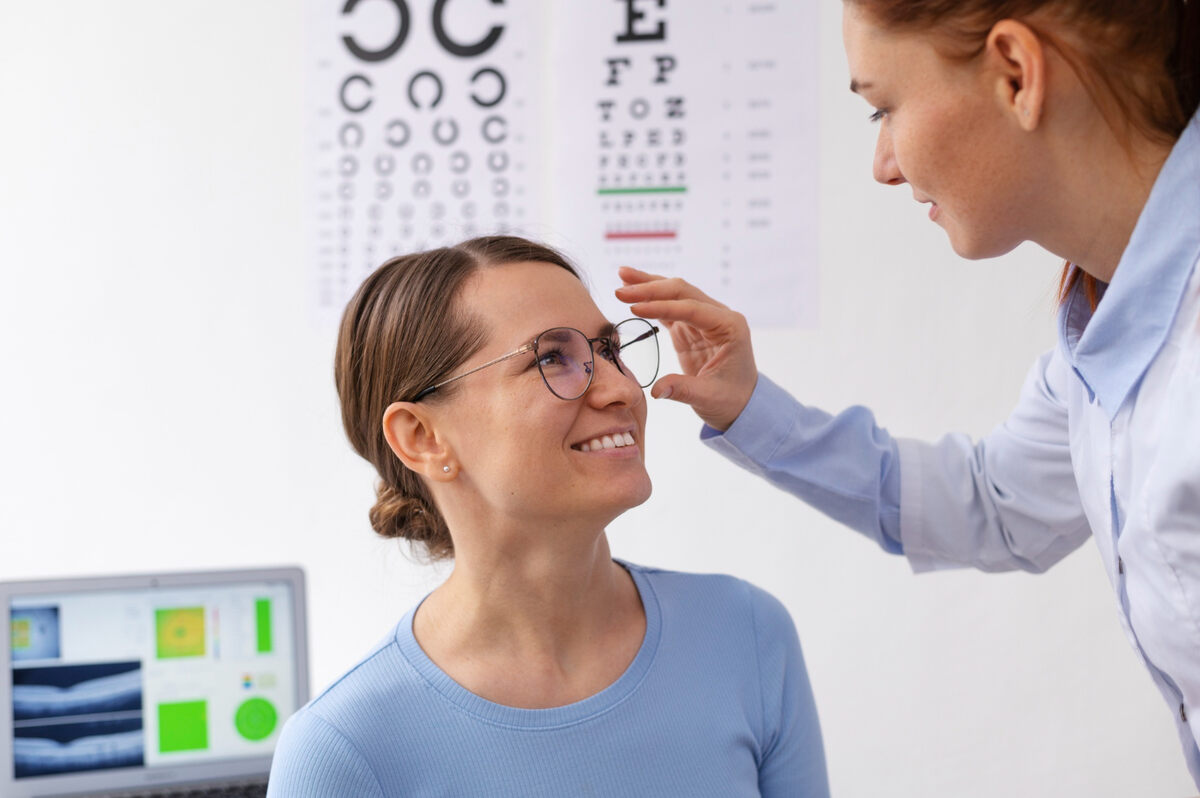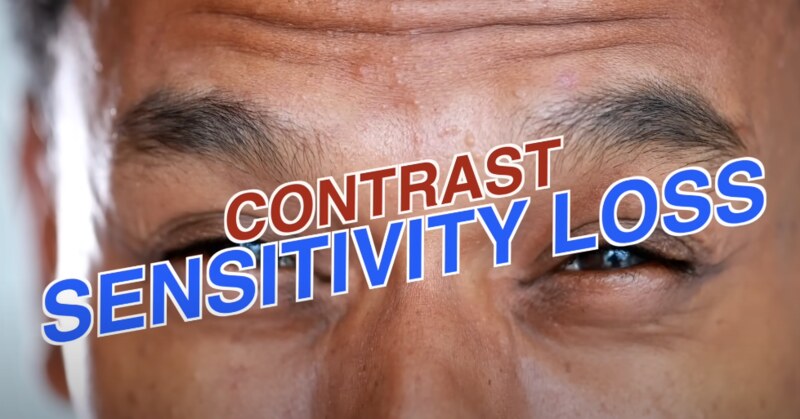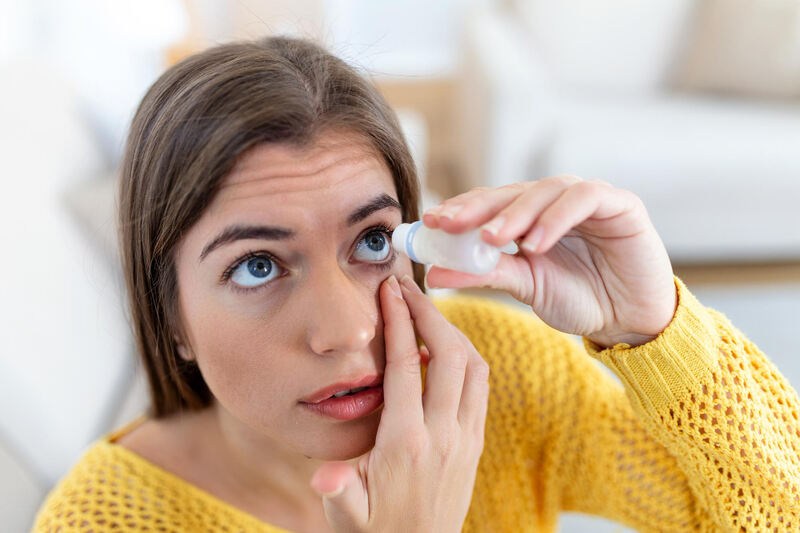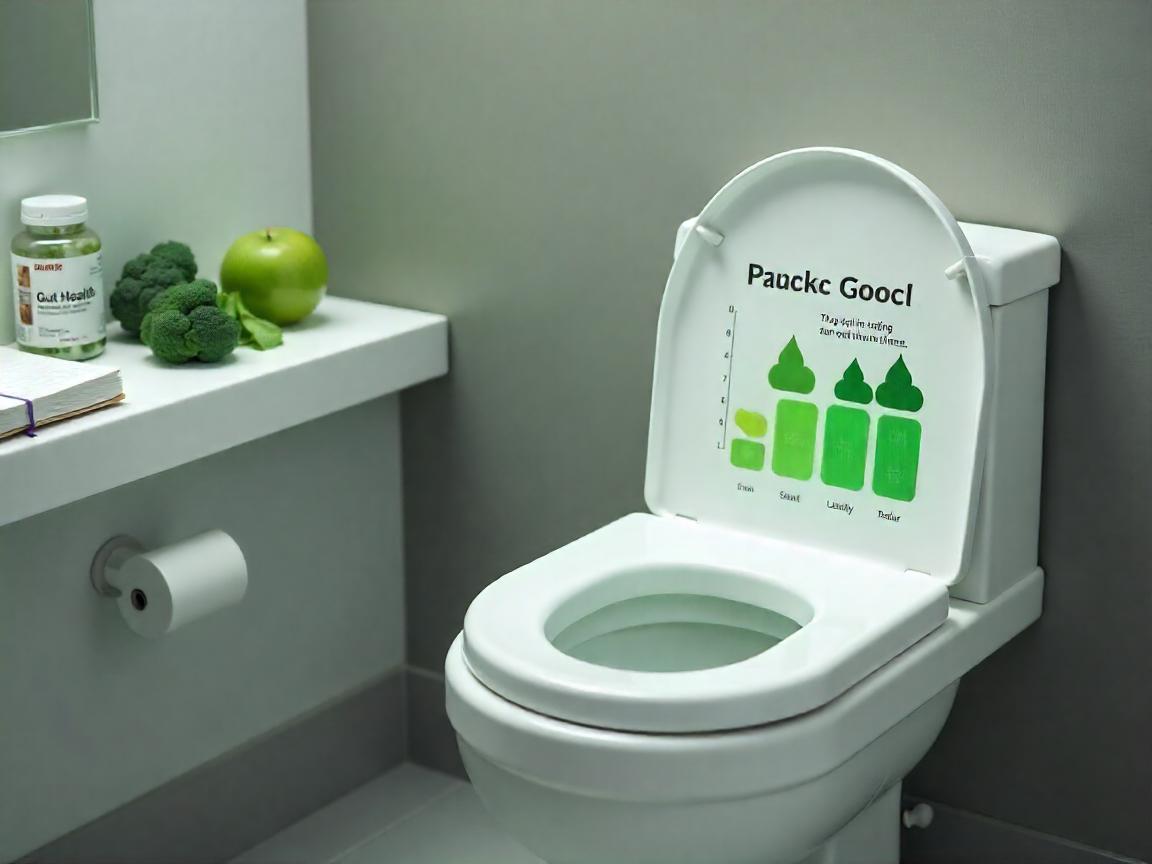Natural Ways to Enhance Contrast Sensitivity & Eye Care

Many people need to use glasses since their age has advanced. Vision problems begin to affect a significant share of people when they reach age 45. The requirement for corrective lenses often derives from the commonly unobserved condition known as contrast sensitivity loss. This manual provides natural methods for improving eyesight and reveals the underlying causes of blurry vision.
Understanding Contrast Sensitivity Loss

What is Contrast Sensitivity?
Your ability to discern different gray shades makes up your contrast sensitivity, which involves recognizing multiple shades of color. The ability to detect differences between colors remains fundamental when you want to see in reduced lighting conditions. Tests for contrast sensitivity receive minimal attention when doctors perform regular eye examinations focusing on visual clarity. Vision challenges may appear due to problems with the retina or lens when someone loses this vision capability.
The Role of Light and Antioxidants
Eye performance declines when someone with contrast sensitivity loss encounters insufficient lighting conditions. Additional illumination may help briefly but does not solve the root causes. Eye protection from destructive blue light waves depends heavily on a group of defense compounds called carotenoids. The amount of light-absorbing nutrients in the eyes reduces with age, as youth levels lead to better light absorption.
Boosting Your Eye’s Natural Defenses

The Power of Sunlight and Natural Light
Exposure to natural sunlight protects your eyes. Medical studies prove that light exposure from UV and infrared wavelengths helps natural healing processes and increases the production of melatonin, an antioxidant in the eye. People must learn to overcome their fear of sunlight exposure since this blockage, called “sun phobia,” hinders the enjoyment of sun benefits.
- Daily sun exposure becomes more accessible through outdoor activities during your routines.
- Too frequent use of sunglasses prevents the eye from receiving helpful light.
Dietary Strategies for Enhanced Vision
To maintain eye health, consume foods containing lutein and zeaxanthin. These carotenoids are found in:
- Pastured egg yolks
- Leafy greens
- Colorful fruits and vegetables
You should consider taking daily supplements with lutein levels exceeding 10 mg and zeaxanthin levels of at least 2 mg. Taking these supplements together with healthy olive oil increases the absorption of vital nutrients. It is crucial to minimize your seed oil consumption for better eye care. Eye function can be disrupted when consuming oils high in omega-6 fatty acids.
Essential Vitamins and Minerals for Eye Health
Maintaining eye health requires essential vitamins and minerals at their respective vital stages.
- Vitamin D: The recommended daily vitamin D dosage is 10,000 International Units. Research demonstrates that vitamin D effectively treats patients with glaucoma and macular degeneration.
- Vitamin A is vital for night vision and general vision health and is commonly obtained from egg yolks.
- Zinc remains vital for maintaining eye operation and vision functionalities.

Lifestyle Changes for Better Vision
Less time spent in front of screens and digital eye strain prevention strategies are essential to improving eye health.
The extended use of computer screens causes digital eye strain to occur. To minimize this effect:
- According to the 20-20-20 rule, you must direct your eyes toward something twenty feet distant for twenty seconds every twenty minutes.
- Stand up to stretch and move about regularly to lower physical strain.
Incorporating Full-Spectrum Lighting
Implementing full-spectrum lighting at workstations significantly improves visibility. The system also helps with contrast sensitivity challenges to generate an environment that is both productive and comfortable.
- Full-spectrum light bulbs have “natural daylight” labels, which you should select when choosing.
Conclusion: A Holistic Approach to Eye Wellness
Key Takeaways
Natural eye vision improvement demands three essential elements: nutrition, behavior adjustments, and nutritional supplementation. Here’s what to remember:
- Healthy vision requires people to eat carotenoid-rich foods that contain lutein and zeaxanthin.
- You should spend time in sunlight but practice sun protection against its dangerous rays.
- People should reduce their time in front of screens while learning ways to ease eye strain symptoms.
- The intake of vitamins D and A and an omega-3 rich diet should be considered.
People adopting these practices will push toward better eye health and reduced dependence on prescription glasses. Eye care professionals should always be consulted by individuals who want personalized eye care.




